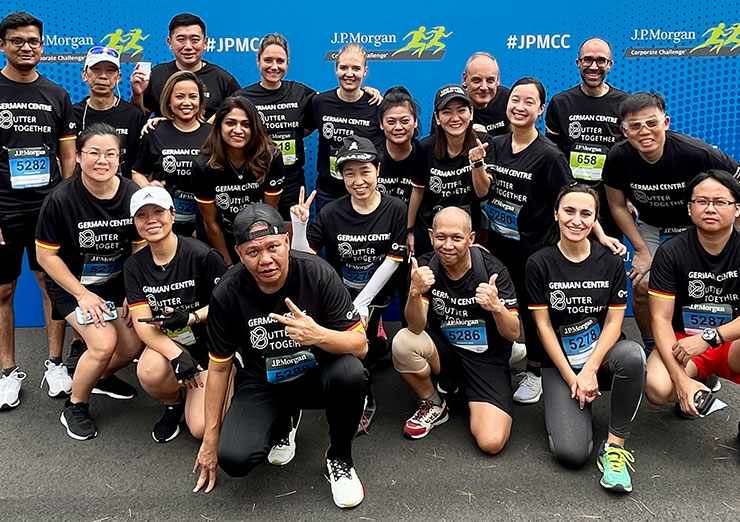China 30.60
Circular Economy

China’s systematic transformation to a sustainable circular economy
China’s decarbonization goals should be supported by the creation of a sustainable circular economy – designed to minimize resource input, as well as waste and emission production.
In a circular economy, products are designed for durability, reuse and recyclability, and materials for new products come from old products. As much as possible, everything is reused, remanufactured, recycled back into a raw material or used as a source of energy. The transition to a circular economy should be made across entire value chains. It does not intend to simply combat the defects of a linear economy but provides a systematic shift.
The seminar, held in September 2022, outlined market opportunities, challenges and best practices for German companies in the field of circular economy in China.
Mr. Wen Bin, Deputy General Manager, German Mechanical Engineering Commercial Services Beijing (VDMA – GMECS), gave an overview on circular economy and related regulatory frameworks in China, and described latest trends and China’s goals for further development of a circular economy until 2025.
He emphasized the importance of the shift to a more circular economy on China’s road to carbon neutrality when describing waste recycling as one of the effective means to reduce carbon emissions. In various case studies he showed best practice examples in the fields of plastics and textile recycling, such as PLA (polylactic acid) as a sustainable upstream raw material with a broad range of downstream application areas, e.g. degradable drinking straws or food packaging and 100% bio-based and compostable coffee-to-go cups.
Wen showed that German manufacturers have to adjust their products and production processes to comply with regulations in China. But at the same time, there are manifold opportunities for German companies and their innovative solutions, due to high-end market expansion and increasing demand for advanced equipment and innovative technology.
Ms. Beatrice Han, Deputy General Manager, ALBA China Recycling Solutions, spoke about ‘recycling for a sustainable future’ and showed the importance of a whole lifecycle approach for decarbonization in different focus areas, and why recycling and re-manufacturing is a key element of green transformation, low-carbon and circular development.
Ms. Han described China 30.60 as a game changer for circular economy and introduced different ALBA projects to support the development of zero waste cities in China, such as the Urban and Rural Bio-waste Recycling Center in Haikou, Xuchang and Guiyang and the Green Fuel project in Jieyang.
Key takeaways from her presentation included that decarbonization requires an integrated approach to all product life cycles and that recyclability by design is critical to enhance recycling efficiency. China is the largest emerging market for circular economy with great potentials for German technologies in zero-waste city construction.
Dr. Patrick Gloeckner, Head of Global Circular Plastics Program, Evonik Operations GmbH, introduced ‘specialties to enable sustainable plastic applications’ and showed how Evonik solutions and technologies enable the transition from linear to circular plastic value chains. This includes multi-faceted services and solutions helping their clients to keep plastics in the loop, e.g. adsorbents, catalysts and additives for mechanical recycling to monomer recovery up to feedstock recycling.
Gloeckner presented various practical examples for high quality applications enabled by high performance additives, such as cooperation with BMW on developing solutions for sustainable, recycled car materials; or cooperation with Wildplastic – harvesting plastic waste from nature to produce new products, such as trash bags, with recycled materials.
When being asked for the main drivers for a decision to research and develop new additives and other innovative solutions during the seminar’s Q&A session, Gloeckner emphasized the importance of customer requirements and project-based B2B cooperation, as well as regulatory incentives.
Similar Contributions
More events
Jp. Morgan Corporate Run
The German Centre Singapore team laced up their running shoes to join the JP Morgan Corporate Challenge this year.
Review: Miniaturization in MedTech
In this hybrid seminar, hosted by German Centre Beijing, MedTech experts from BRAUN and Fraunhofer ENAS introduced innovative solutions in the field of miniaturization in medical technologies.



